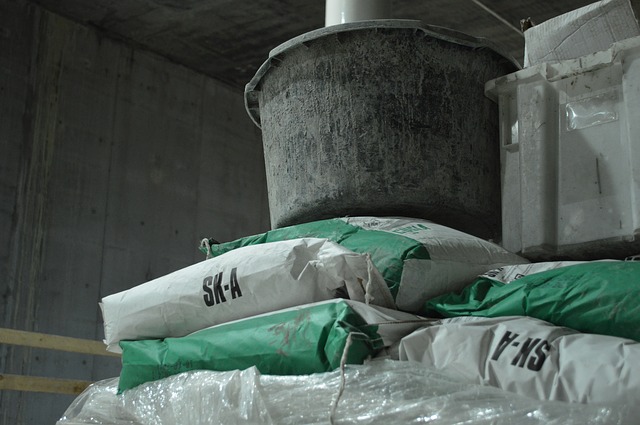
-
The third and last year of implementing the general safeguard duty on imported cement began on October 22
-
The safeguard duty for the third year is P200 per metric ton or P8 per kilogram bag of imported cement
-
The Tariff Commission noted the Philippine cement industry “has substantially complied with its commitments to make a positive adjustment to import competition”
The Bureau of Customs (BOC) entered on October 22, 2021 the third and last year of implementation of the definitive general safeguard duty on imported cement.
Customs Memorandum Order (CMO) No. 39-2021 dated December 20 implements, under Department of Trade and Industry (DTI) Department Administrative Order (DAO) 19-13, the imposition of a safeguard duty on cement imported from various countries for three years starting 2019. The move is meant to encourage and challenge the local cement industry to become globally competitive.
READ: DTI imposes safeguard duty on cement
Under Republic Act No. 8800 (the Safeguard Measures Act), DTI is mandated to protect the domestic industry from serious injury caused by a surge in imports, and to conduct a yearly review of the definite safeguard measure to determine appropriateness of the safeguard duty.
Under DAO 19-13, the safeguard duty for the third year of implementation is P200 per metric ton (MT) or P8 per kilogram bag of imported cement classified under Association of Southeast Asian Nations Harmonized Nomenclature Codes 2523.29.20 and 2523.90.00.
The safeguard duty for the third year is lower than the revised P245 per MT or P9.80 per 40kg bag imposed for the second year implemented from October 22, 2020. The safeguard duty for the second year was increased from the original P225 per MT or P9 per 40 kg bag under DAO 19-13 to help the local cement industry, whose operations have been affected by the COVID-19 pandemic.
READ: DTI increases safeguard duty on cement as import volumes rebound
In a letter to Customs Commissioner Rey Leonardo Guerrero dated December 16, Finance Secretary Carlos Dominguez III said the Tariff Commission (TC), in its final monitoring report dated April 13, 2021, noted the Philippine cement industry “has substantially complied with its commitments to make a positive adjustment to import competition.”
TC noted further that the adjustment measures implemented by the cement industry “helped cushion the adverse economic effects of the pandemic and is now heading toward increased competitiveness.”
Under CMO 39-2021, importers of cement originating from countries excluded from the imposition of the definitive safeguard duty should submit a Certificate of Country of Origin (CO) issued by the authorized agency/office in the country of manufacture along with the “Apostille” or authentication by the Philippine Embassy/consulate general, as applicable.
An Apostille is a certificate that authenticates the origin of a public document. It is issued by a country that is party to the Apostille Convention, to be used in another country which is also a party to the Convention.
All provisions under DAO 19-13 will remain in force except as expressly modified under DAO 20-08, which provided amendments during the second year of implementation and as implemented under CMO 29-2020, and DAO 21-02 as implemented under CMO 11-2021.
DAO 21-02 provides the amended list of countries excluded from the imposition of definitive safeguard on cement. These are those in Africa, South Asia, Europe and Central Asia; Middle East, Americas, and East Asia and the Pacific.
Aside from the definitive safeguard duty, BOC and DTI are imposing provisional anti-dumping duties on the importation of cement from Vietnam for four months as a temporary safeguard measure following allegations such importations are made at dumped prices, hurting the domestic cement industry.




